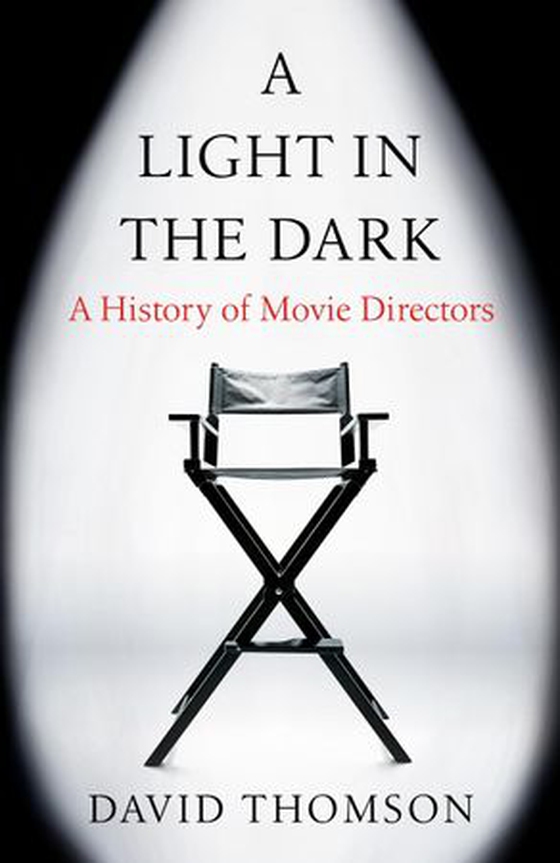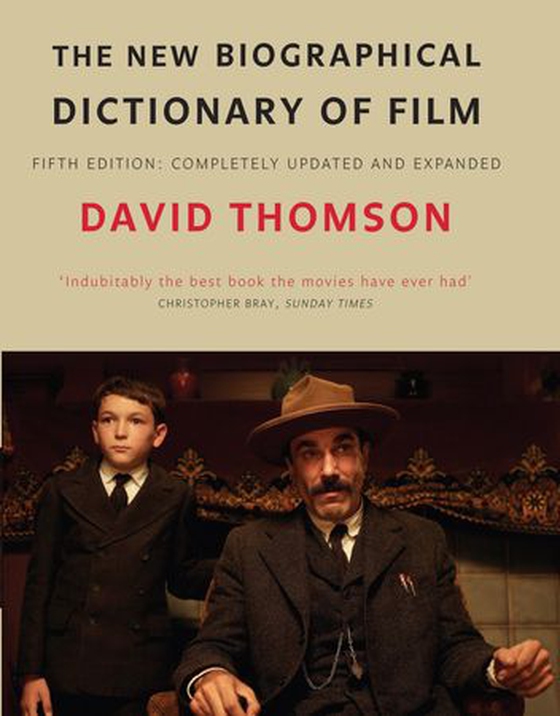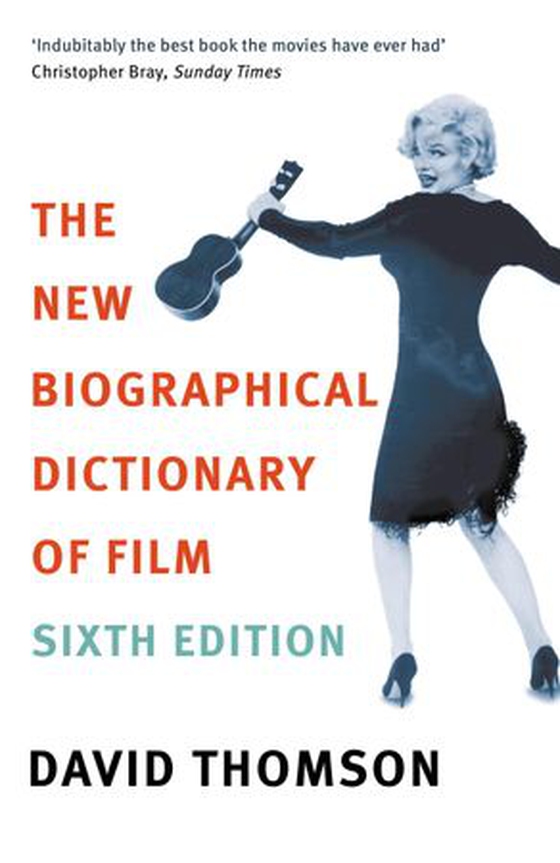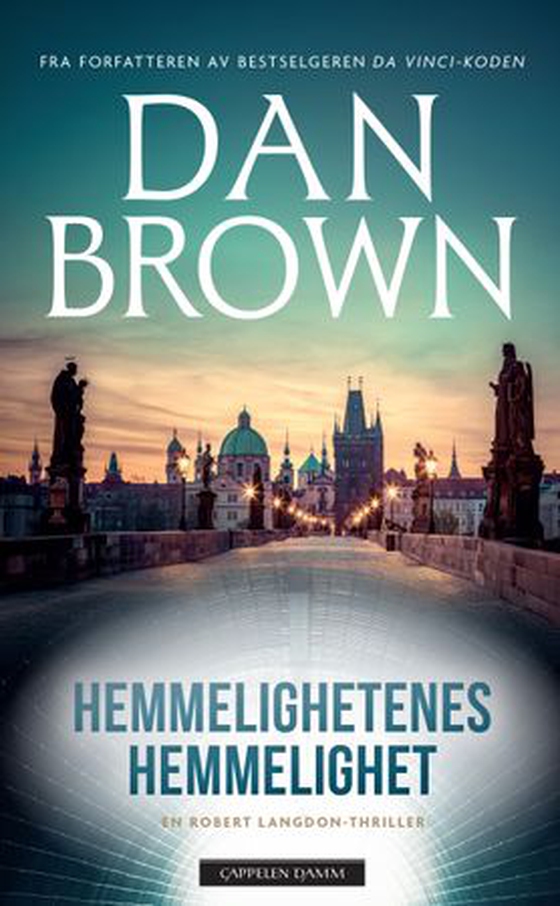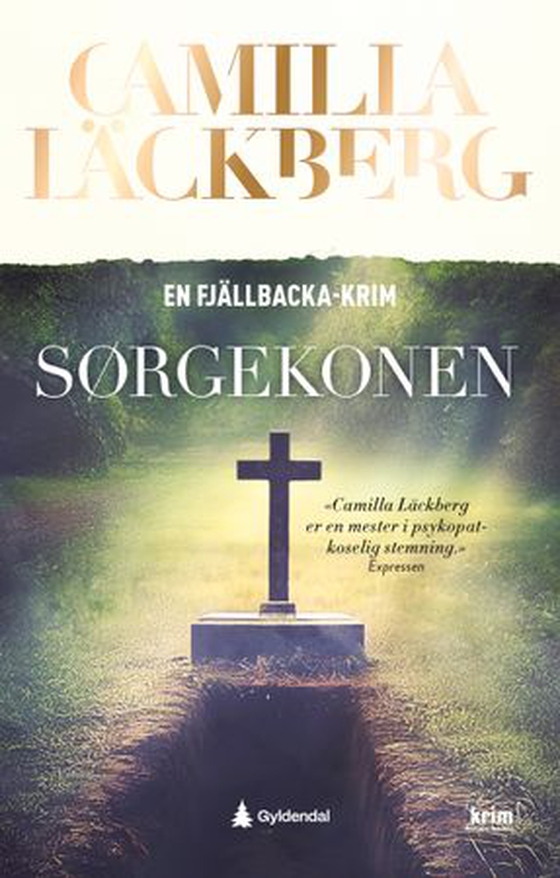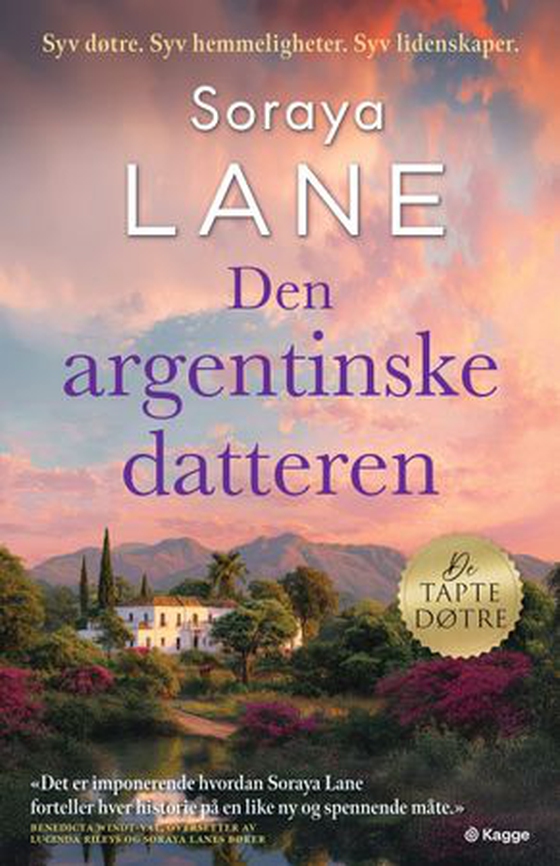A Light in the Dark ebok
In little more than a century of cinema - Birth of a Nation was one hundred years old in 2015 - our sense of what a film director is, or should be, has shifted in fascinating ways. A director was once a functionary; then an important but not decisive part of an industrial process; then accepted as the person who was and should be in charge, because he was an artist and a hero. But the world has c…
In little more than a century of cinema - Birth of a Nation was one hundred years old in 2015 - our sense of what a film director is, or should be, has shifted in fascinating ways. A director was once a functionary; then an important but not decisive part of an industrial process; then accepted as the person who was and should be in charge, because he was an artist and a hero. But the world has changed. In a nutshell, the change takes the form of a question: Who directed The Sopranos or Homeland? Hardly anyone knows, because we don't tend to read TV credits and the director has returned to a more subservient and anonymous role. Directors now try to be efficient, the deliverers of profitable films, and are often involved as producers, like Steven Spielberg.
David Thomson's brilliant A Light in the Dark personalises each chapter through an individual: Jean Renoir, Howard Hawks, Jean-Luc Godard, Alfred Hitchcock, Luis Bunuel, Orson Welles, Fritz Lang, Jane Campion, Stephen Frears and Quentin Tarantino. Through these characters (and other directors not mentioned here), David Thomson relates an imaginative new history of a medium that has changed the world.


